Western Bulk Herbs – Chicory Root
Chicory is nutritionally important because it feeds the beneficial bacteria in the intestines. It contains inulin (not to be confused with insulin), oligofructoses, and a special class of carbohydrates known as fructans. This group of carbohydrates allows the body to absorb calcium and magnesium much better than any other food. in many countries it’s used as a coffee substituent.
Latin Name:
Cichorium intybus
Common Names:
Chicory, Succory, Wild Succory, Hendibeh, Cichorium intybus, Blue Sailors, Common Chicory, Wild Chicory, and Barbe de Capucin.
Parts Used:
Root and leaves, dried. The root is usually roasted for a near coffee like flavor.
Properties:
Up to one-third inulin
Traditional Uses:
Teas and heated beverages. Very rarely used in capsule form.
Culinary Uses:
Can be used to cook with if you want a coffee flavor or to make a coffee like hot or cold drink.
Chemical Properties:
inulin (not insulin)
Cautions:
GRAS: Generally Recognized as Safe. This herb can be safely consumed when used appropriately. Pregnant women should not take excessive doses of Chicory. There is a possibility of allergic hypersensitivity in those individuals who are allergic to other asteraceae.
Folk Lore:
“Succory was known to the Romans and eaten by them as a vegetable or in salads, its use in this way being mentioned by Horace, Virgil, Ovid, and Pliny. It has been suggested that the name Succory came from the Latin succurrere (to run under), because of the depth to which the root penetrates.”
“It may, however, be a corruption of Chicory, or Ctchorium, a word of Egyptian origin, which in various forms is the name of the plant in practically every European language. The Arabian physicians called it ‘Chicourey.’ Intybus, the specific name of the Chicory, is a modification of another Eastern name for the plant – Hendibeh. The Endive, an allied but foreign species (a native of southern Asia and northern provinces of China) derives both its common and specific names from the same word.”
“The Endive and the Succory are the only two species in the genus Cichorium. There is little doubt that the Cichorium mentioned by Theophrastus as in use amongst the ancients was the wild Chicory, since the names by which the wild plant is known in all the languages of modern Europe are merely corruptions of the original Greek word, while there are different names in the different countries for the Garden Endive.” (Botanical – Chicory)
*Disclaimer: These statements have not been evaluated by the Food and Drug Administration. This product is not intended to diagnose, treat, cure or prevent any disease.
Resources:
PDR for Herbal Medicines, 2000. Medical Economics Company, Montvale, New Jersey.
The New Holistic Herbal. David Hoffmann, 1990. Barnes and Noble Books, New York.
A Modern Herbal, Mrs. M. Grieve, (Dover Publications, New York, 1971)
Major Herbs of Ayurvedic.Compiled by Dahur Research Foundation and Dahur Ayurvet Limited, Ghaziabad, India., 2002. Churchill Livingstone, London, England.
Chinese Herbal Medicine: Materia Medica, Third Edition, Dan Bensky and Andrew Gamble, 1986. Eastland Press, Seattle, WA.
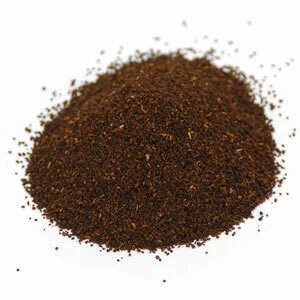
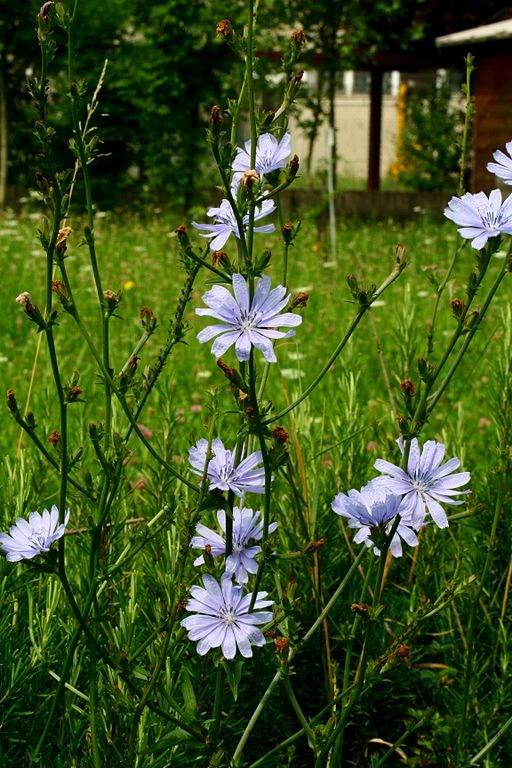
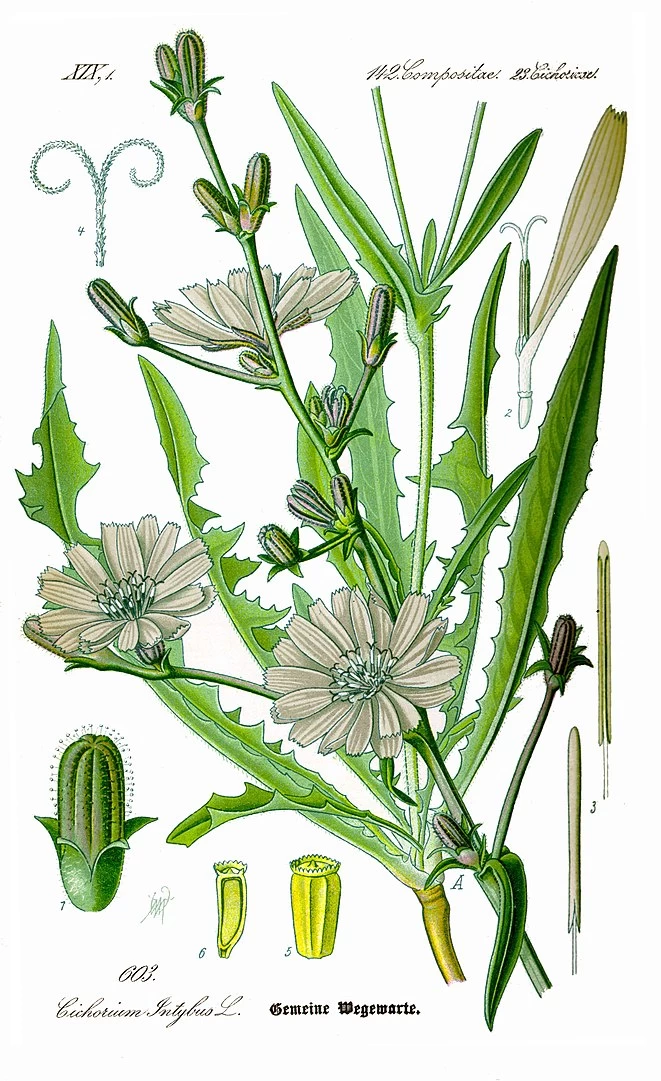
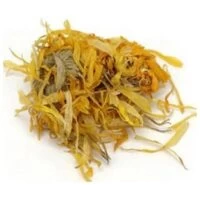
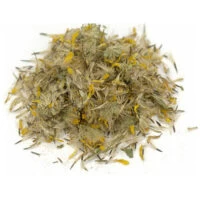
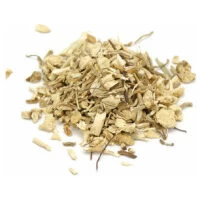
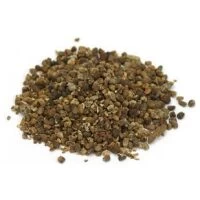
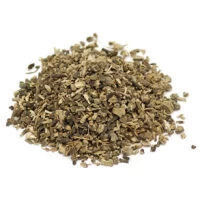
Reviews
There are no reviews yet.